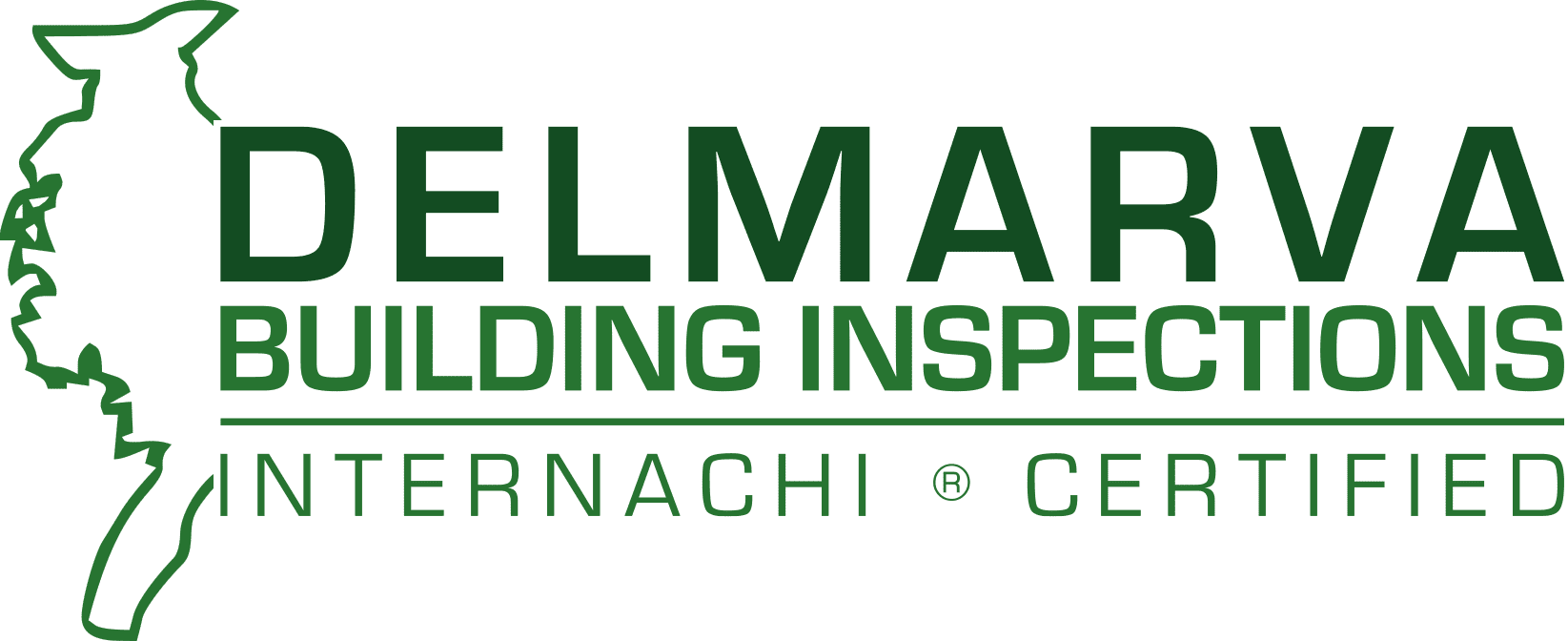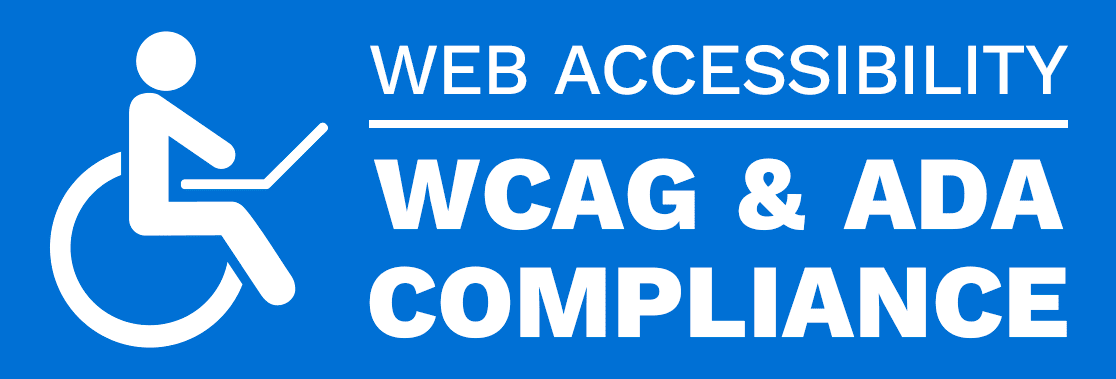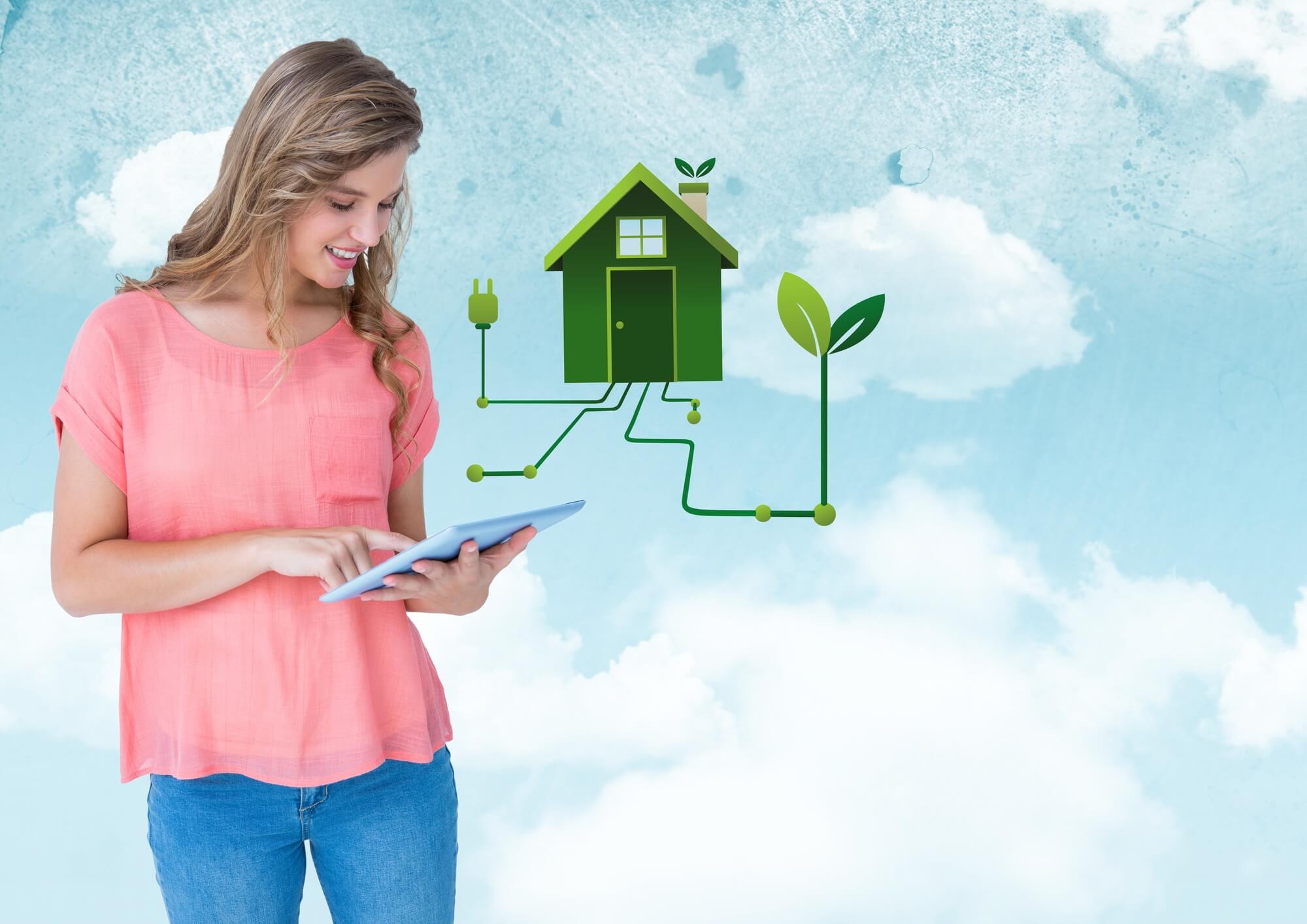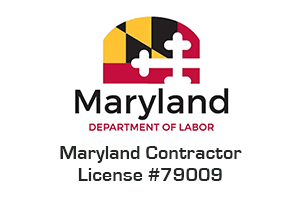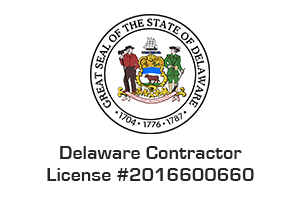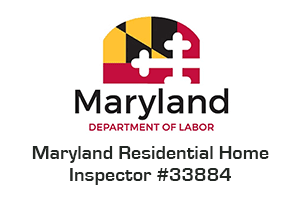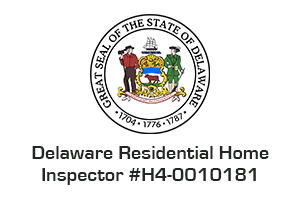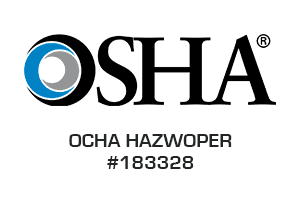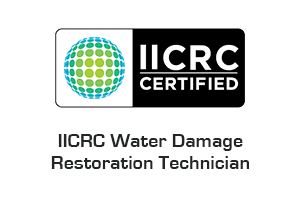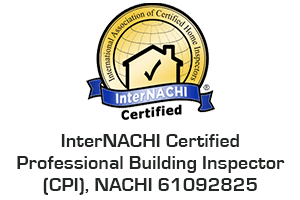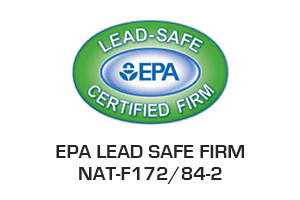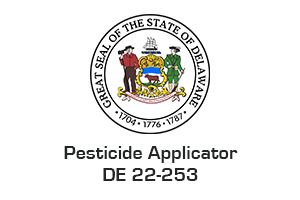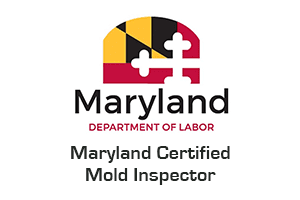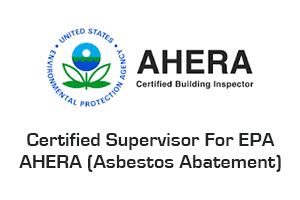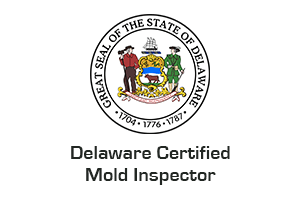Energy Efficient Homes Based on Our Thorough Assessments
Our team of skilled energy auditors is committed to staying at the forefront of cutting-edge knowledge and technologies in the realm of home energy efficiency. We offer in-depth testing services to identify the most suitable energy solutions tailored to your unique household needs. By making informed decisions based on our thorough assessments, homeowners can achieve remarkable reductions in heating, cooling, and electricity costs. Delmarva Inspections Group is your trusted partner in embracing sustainable living and optimizing your home’s energy performance.
Why Should We Make Our Homes More Energy Efficient?
Making our home more energy efficient offers numerous benefits, both for homeowners and the environment. Here are some compelling reasons why energy efficiency is essential:
Cost Savings:
One of the most significant advantages of energy efficient homes is reduced energy consumption, which leads to lower utility bills. By using energy more wisely, homeowners can save substantial amounts of money over time, allowing them to allocate their resources to other essential aspects of life.
Environmental Impact:
Energy production is often associated with greenhouse gas emissions and pollution. By decreasing energy consumption, we can mitigate our carbon footprint and help combat climate change. Reducing our environmental impact is crucial for safeguarding the planet and its resources for future generations.
Comfort and Health:
Energy efficient homes are better equipped to maintain consistent indoor temperatures and air quality. Proper insulation and sealing keep the house comfortable year-round, while efficient HVAC systems improve indoor air circulation, reducing allergens and pollutants affecting respiratory health.
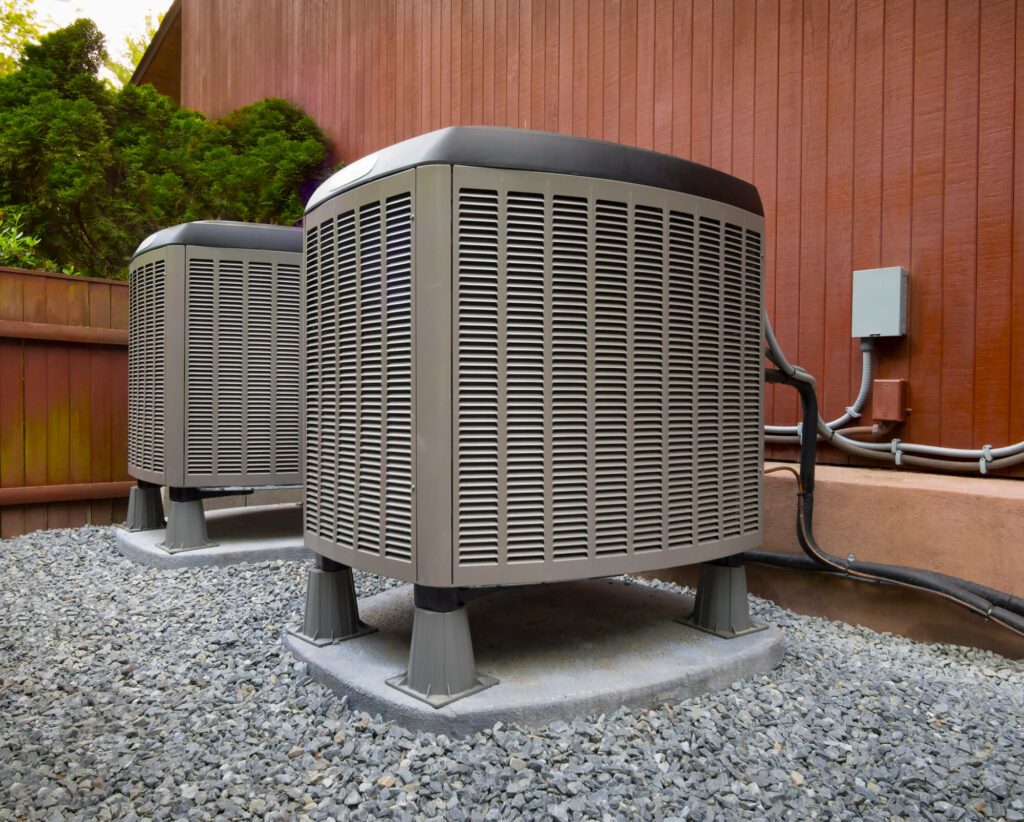
Increased Property Value:
Energy efficient features and certifications, such as ENERGY STAR, LEED, or other green building standards, can boost the market value of a home. Many homebuyers prioritize energy efficiency when looking for properties, making energy efficient homes more attractive in the real estate market.
Energy Security:
Lowering our energy consumption reduces our reliance on fossil fuels and other non-renewable resources. By embracing renewable energy sources and energy-saving technologies, we enhance energy security and reduce our vulnerability to price fluctuations and supply shortages.
Local and Global Benefits:
Energy efficiency initiatives create jobs in the renewable energy and green technology sectors. Additionally, they contribute to a sustainable economy and foster a sense of responsibility in combating global energy challenges.
Regulatory Incentives:
Many governments offer incentives, tax credits, or rebates to encourage energy efficiency. Making our homes more energy efficient can lead to financial benefits and incentivize eco-friendly practices.
In summary, making our homes more energy efficient is a win-win situation, benefiting our wallets, health, the environment, and the wider community. It is a proactive and responsible choice that aligns with sustainability principles and helps create a brighter future for all.
Discover the many Ways to Conserve Energy, Starting With Cooling and Heating
Nearly half of the energy consumed in homes is attributed to heating and cooling, making it a significant area for potential energy bill reduction. Here are several effective ways to achieve this:
Ceiling Fan Installation:
Opt for ceiling fans as a cost-efficient alternative to air conditioners, which consume substantial energy. Ceiling fans provide adequate cooling and ventilation while consuming significantly less power.
Regular Air Filter Replacement:
Periodically replace air filters in both air conditioners and heaters. Dirty filters hinder efficiency and waste energy, so keeping them clean ensures optimal performance and reduces energy consumption.
Optimal Thermostat Settings:
Set your thermostats to appropriate temperatures and adjust them accordingly. Lower the thermostat during nighttime and when the house is empty. Lowering the temperature by even just one degree for at least eight hours daily can lead to a 2% reduction in heating costs. For instance, setting your thermostat from 75°F to 70°F can save approximately 10% on heating expenses.
Programmable Thermostat Installation:
Upgrade to a programmable thermostat that automatically adjusts heating and cooling settings based on your schedule. This enables energy savings during unoccupied periods and at night. Programmable thermostats are mercury-free and, in certain climates, can save up to $150 per year in energy costs.
Efficient Heat Sources:
Consider installing a wood or pellet stove as a more efficient alternative to traditional furnaces. These stoves provide effective heating while utilizing less energy.
Curtain Usage at Night:
Enhance room insulation by drawing curtains over windows at night. This simple step helps to retain warmth during cooler periods and reduces the need for excessive heating.
By implementing these energy-saving adjustments to your heating and cooling systems, you can significantly reduce your energy bills while promoting a more sustainable and eco-friendly living environment.
Consider an On-Demand Water Heater Over a Storage Tank Heater
On-Demand water heaters, also known as tankless or instantaneous water heaters, offer hot water on-demand, eliminating the standby energy losses common with conventional storage water heaters. This energy efficient design leads to significant cost savings. Unlike storage water heaters, tankless water heaters heat water directly without needing a storage tank. When a hot water tap is opened, cold water enters the unit through a pipe, and a gas burner or electric element heats the water instantly. This ensures a continuous hot water supply without waiting for a storage tank to fill with enough heated water. With demand water heaters, you can enjoy a constant flow of hot water whenever needed, making them a convenient and eco-friendly choice for your home.
Upgrade Your Lighting With Energy Efficient Options.
Did you know lighting typically accounts for about 11% of a household’s energy consumption? Traditional incandescent light bulbs are highly inefficient, converting only 10% of the energy they consume into light, while the rest is wasted as heat. However, you can significantly reduce your lighting-related energy use by adopting newer lighting technologies like light-emitting diodes (LEDs) and compact fluorescent lamps (CFLs). By making this switch, you could achieve energy savings of 50% to 75% in comparison.
Here are some interesting facts about CFLs and LEDs:
- CFLs are incredibly energy efficient, using 75% less energy and lasting approximately ten times longer than traditional incandescent bulbs.
- LEDs take energy efficiency to an even higher level. They last longer than CFLs and consume even less energy.
- Additionally, LEDs have the advantage of having no moving parts and containing no mercury, unlike CFLs, making them an eco-friendly choice for your home.
Seal and Insulate Your Home for Enhanced Comfort and Energy Efficiency
Ensure optimal comfort and energy efficiency in your home by sealing and insulating it—a highly cost-effective DIY approach. A well-sealed home not only enhances comfort and indoor air quality but also leads to reduced utility bills. Consider contacting the Delmarva Inspections Group energy auditor to assess potential leakage in the building envelope and receive recommendations for significant comfort and energy-saving improvements.
To Perform Specific Repairs and Maintenance Where Leakage May Occur
Common places where leakage may occur include electrical receptacles/outlets, mail slots, gaps around pipes and wires, wall- or window-mounted air conditioners, attic hatches, fireplace dampers, inadequate weatherstripping around doors, baseboards, window frames, and switch plates. Since warm air tends to rise, attic areas are more susceptible to air leaks. By performing specific repairs and maintenance in your attic, you can save money on both cooling and heating:
Address the larger gaps:
Focus on areas where walls meet the attic floor, behind and under the attic knee walls, and in dropped-ceiling spaces. These are spots where significant leakage is likely to occur.
Seal the smaller holes:
Identify areas with darkened insulation, indicating dusty interior air filtered through insulation and escaping through small openings. Use expanding foam or caulk to seal gaps around plumbing vent pipes and electrical wires. After the caulk dries, cover these areas with insulation.
Weatherstrip the attic access panel:
Enhance attic insulation by weatherstripping the attic access panel. You can use fiberglass or rigid foamboard insulation, cutting it to fit the hatch’s size and gluing it to the back of the panel. If you have pull-down attic stairs or an attic door, apply a similar sealing approach.
By following these sealing and insulation steps, you can make your home more energy efficient, comfortable, and cost-effective, creating a welcoming environment for yourself and your loved ones.
Embrace Water Conservation with Efficient Showerheads and Toilets
To reduce water consumption in your home, consider installing efficient showerheads and toilets. These systems offer a practical and eco-conscious way to minimize water wastage without compromising on comfort and functionality.
Low-Flow Showerheads:
Opt for low-flow showerheads, which come in various flow rates and may even include a pause button to halt water flow while you lather up. By utilizing less water during showers, you can achieve significant water savings without sacrificing the pleasure of a refreshing bathing experience.
Low-Flow Toilets:
Traditional toilets account for a substantial portion of a home’s water usage, typically consuming 30% to 40% of the total. Upgrading to low-flow toilets presents a remarkable opportunity to reduce water consumption. By replacing an older 3.5-gallon toilet with a modern 1.6-gallon low-flow model, you can save approximately 2 gallons per flush (GPF), resulting in around 12,000 gallons of water saved annually. Look for “1.6 GPF” marked on the bowl or inside the tank to identify low-flow options.
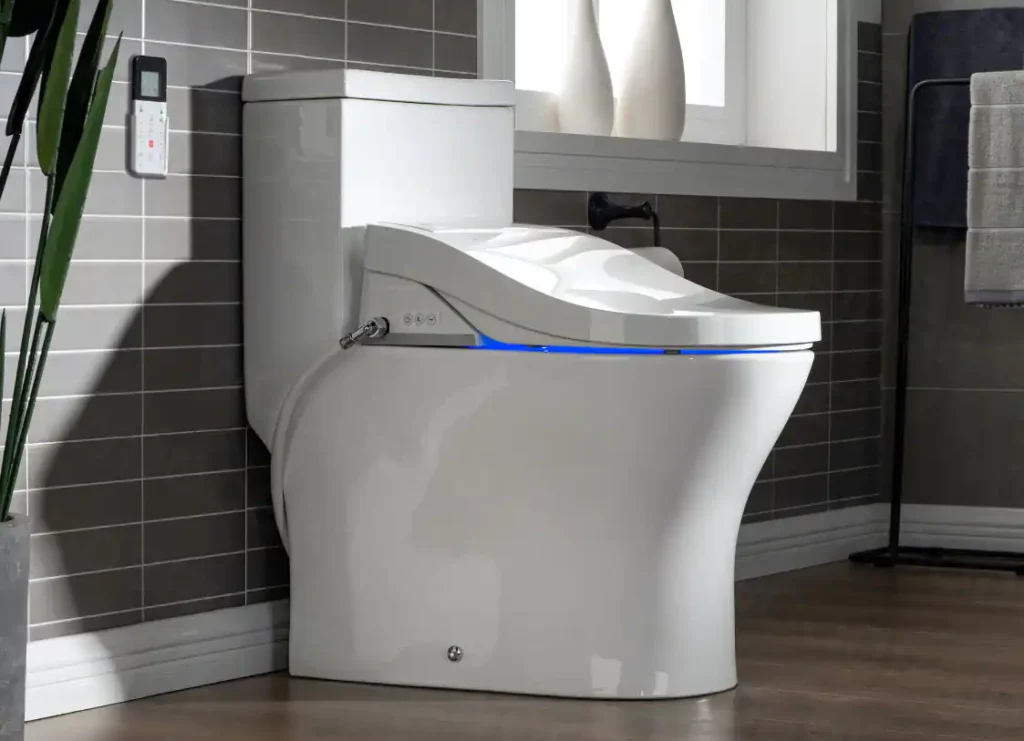
Vacuum-Assist Toilets:
Another efficient toilet choice is the vacuum-assist toilet. These toilets employ a vacuum chamber that utilizes a siphon action to quickly fill the bowl with water, facilitating efficient waste clearance. Beyond their water-saving benefits, vacuum-assist toilets are known for their relatively quiet operation.
Dual-Flush Toilets:
Widely used in Europe and Australia, dual-flush toilets are gaining popularity in the United States. These innovative toilets provide users with two flush options: a 1-gallon (or less) flush for liquid waste and a 1.6-gallon flush for solid waste. By offering this versatility, dual-flush 1.6-GPF toilets can reduce water consumption by an additional 30%, ensuring water is used efficiently based on the type of waste being disposed of.
Embracing efficient showerheads and toilets is a conscious step towards sustainable living. By implementing these water-saving solutions, you not only reduce your environmental impact but also contribute to long-term cost savings on water bills. Join the growing movement of water-conscious individuals, and let these efficient fixtures be a part of your commitment to a greener and more water-efficient home.
Embrace All The New Water-Saving Technologies
Delmarva Inspection Group recognizes the paramount importance of water conservation and sustainable living. By implementing efficient showerheads and toilets, you can play a significant role in preserving our precious water resources while enjoying the benefits of reduced utility bills and enhanced comfort in your home. As advocates for eco-conscious choices, we encourage you to take the initiative and embrace these water-saving technologies. Upgrading to low-flow toilets, vacuum-assist toilets, or dual-flush toilets not only reduces your environmental footprint but also aligns with our collective responsibility to protect the planet.
Together, We Can Positively Impact Our Environment
Delmarva Inspection Group is committed to empowering homeowners with practical energy efficiency and environmental stewardship solutions. Whether you’re seeking advice on water-saving measures, energy audits, or any other home inspection services, our expert team is here to assist you every step of the way. Let’s work together to create a more sustainable and water-efficient future. Make Delmarva Inspection Group your trusted partner in building a greener home and contributing to a cleaner, brighter world for future generations. Together, we can positively impact our environment while ensuring your home is a haven of comfort and conscientious living.
